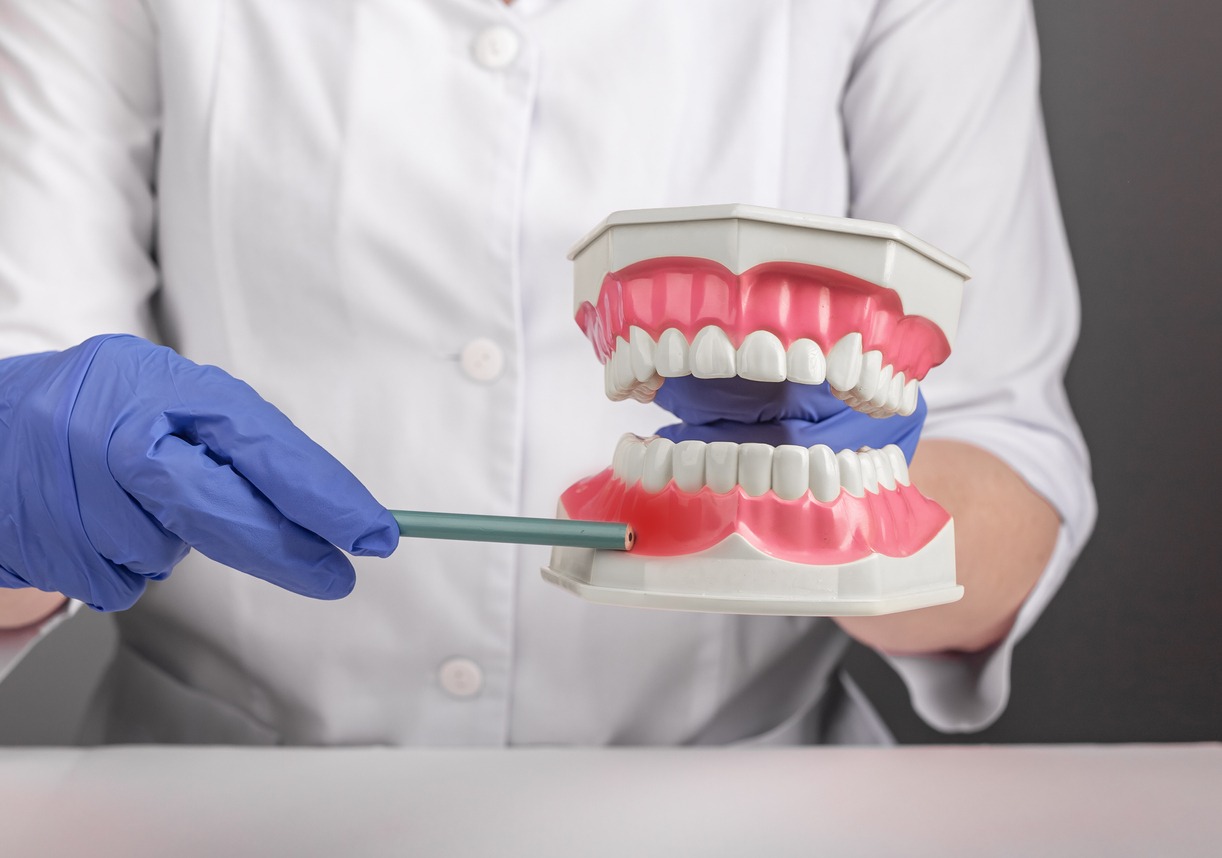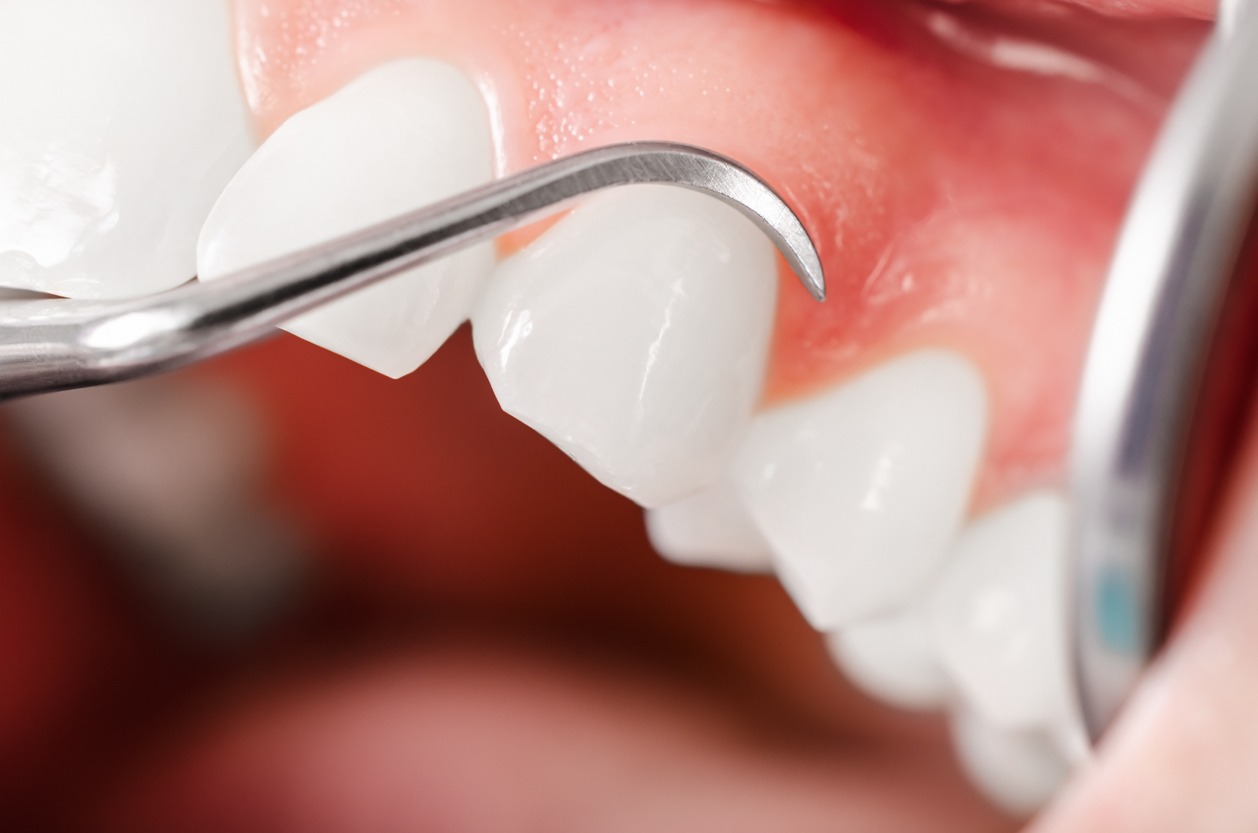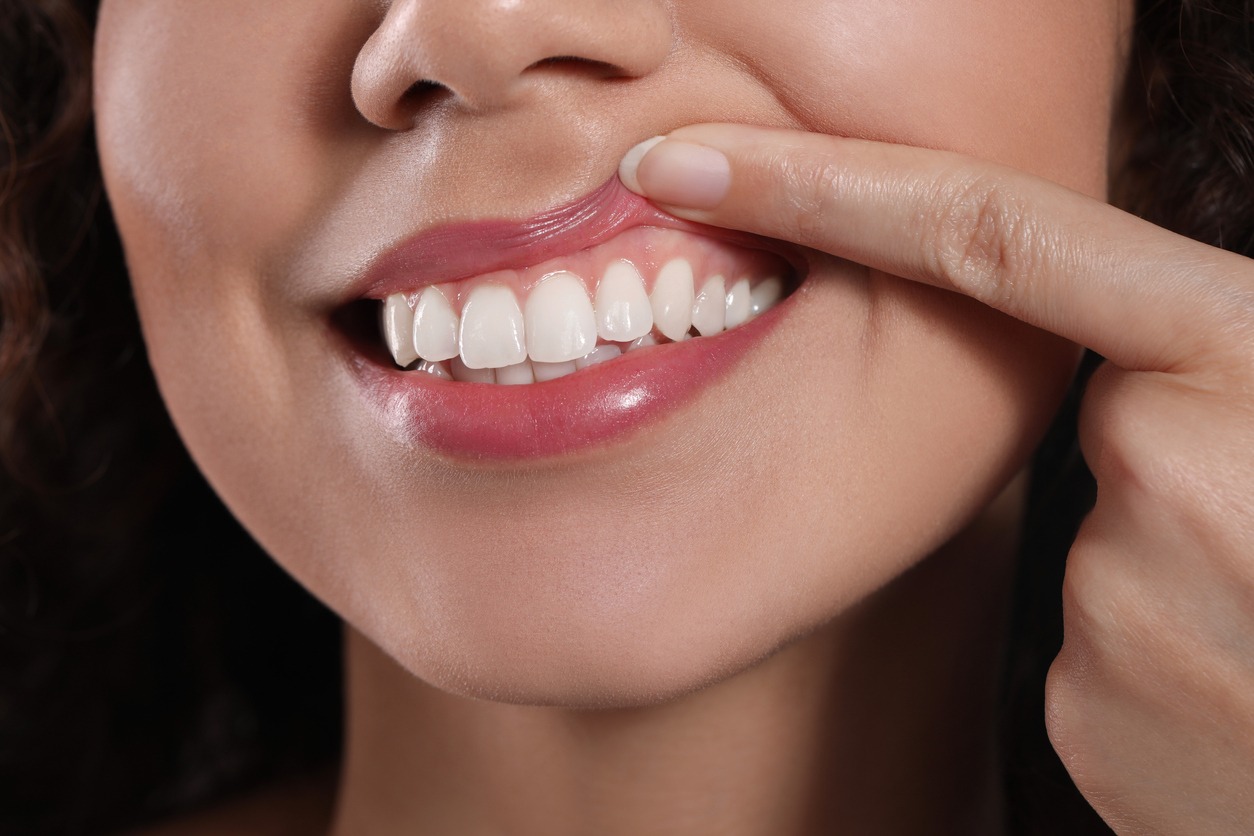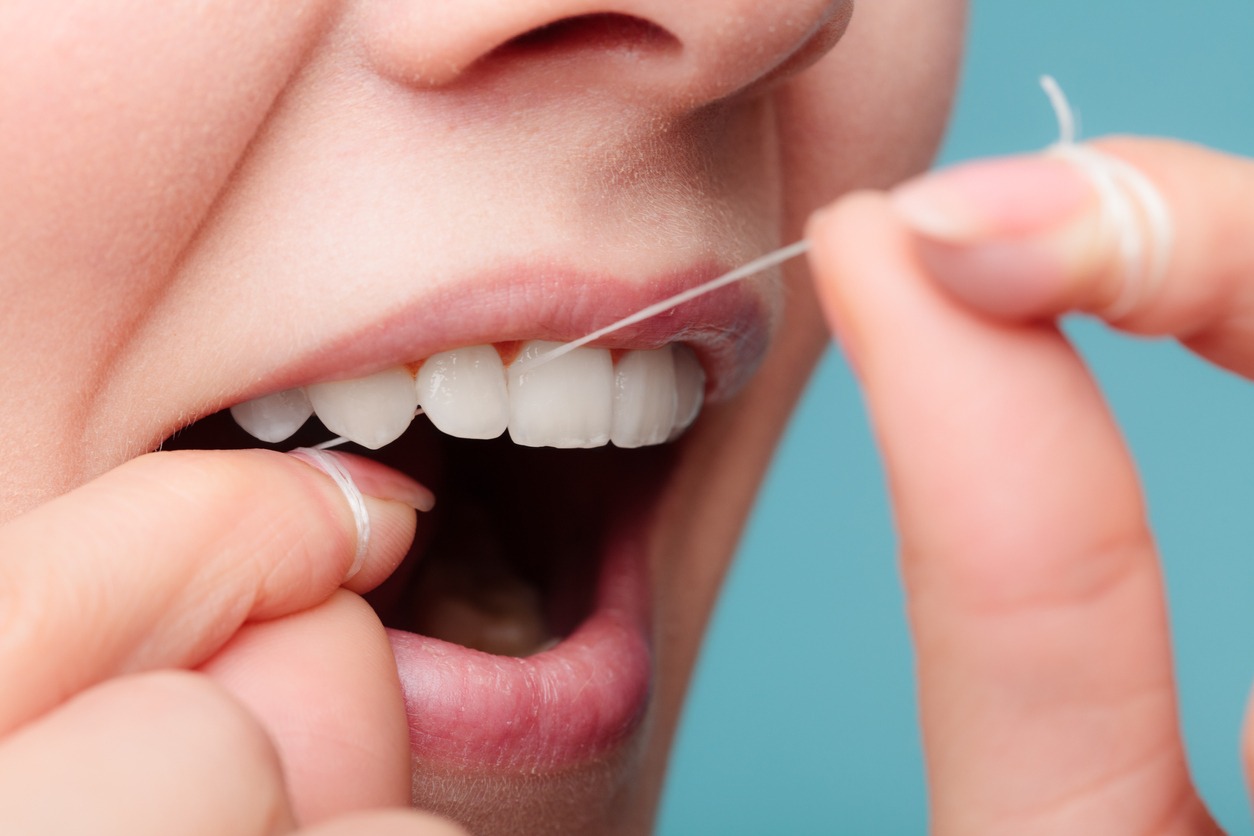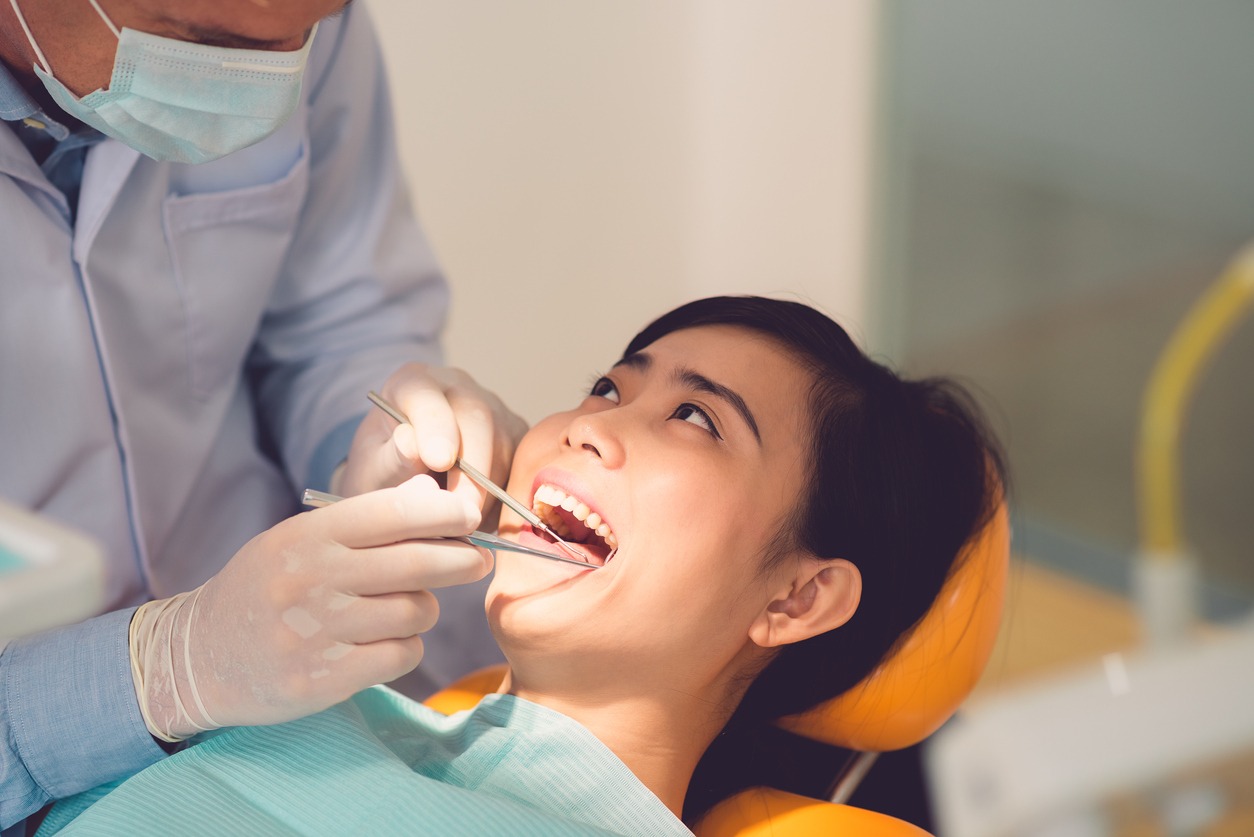Your gums play an important role in your oral health. They are often overlooked, but these soft tissues serve as the foundation for healthy teeth and a radiant smile. When you neglect gum care, it can lead to a range of problems, from minor irritation to severe periodontal disease, with possible consequences for your general health.
In this article, we are going to give you some of the important information about your gums and the best tips to maintain healthy gums throughout your life. We will explore the fundamentals of gum health, discuss the signs of well-maintained gums, and provide a comprehensive set of strategies for effective gum care. Whether you are looking for ways to prevent issues or want to address existing concerns, we will provide you with useful information that will help you achieve and preserve healthy gums.
Understanding Gum Health
The gums, also known as gingiva, are an essential part of your oral cavity’s anatomy. It has various types of tissue, mainly mucous and keratinized gingiva. It is also richly supplied with blood vessels and nerves. The blood vessels ensure that the gums receive oxygen and nutrients, aiding in tissue repair and maintenance. Nerve endings, on the other hand, transmit sensations of pain or discomfort, helping you become aware of possible gum issues.
Gum problems are prevalent and may range from mild to severe. Therefore, being aware of these common issues, their causes, and their consequences is important for maintaining optimal gum health. There are two most common gum problems, which are gingivitis and periodontitis.
Gingivitis
Gingivitis is an early and mild form of gum disease that affects the gingival tissues. It is caused by the accumulation of plaque, which is a sticky film that forms on teeth when not properly removed through flossing and brushing. Aside from that, it is also caused by poor oral hygiene, smoking, certain medications, hormonal changes, and systemic diseases.
This condition often manifests as red, swollen, and tender gums. The gums may also bleed when brushing or flossing. Persistent bad breath or halitosis is also a common symptom of gingivitis. This condition is usually treated with proper oral care, such as regular brushing, flossing, and professional dental cleanings. Do not neglect gingivitis, as it can lead to more severe gum diseases, like periodontitis.
Periodontitis
Periodontitis is a more advanced and destructive form of gum disease. If gingivitis is left untreated, it can progress to this condition, wherein the inflammation extends deeper into the supporting structures of the teeth, including the bone. Pockets may form between the teeth and gums, allowing bacteria to accumulate and cause further damage.
Some of the common symptoms of periodontitis include gum recession, pocket formation, and mobility of teeth. Gums may also bleed easily, and pus may develop around the affected teeth. Persistent bad breath and a metallic taste are also common for people with periodontitis. In advanced stages of this condition, tooth loss may occur due to the weakening of tooth-supporting structures. Compared to gingivitis, periodontitis usually requires more intensive treatment, including scaling and root planing, antibiotics, and, in severe cases, surgical procedures to repair damaged tissue.
Importance of Gum Health
The health of your gums extends far beyond your mouth, as it has a profound impact on your overall well-being. It’s because your mouth is a gateway to the rest of your body, and the health of your gums can influence your systemic health. The harmful bacteria from gum infections can enter the bloodstream and possibly affect other organs and systems.
Also, when you have gum problems, it can be difficult for you to chew and eat a balanced diet, potentially affecting your nutrition and overall health. The digestive process starts in the mouth, and poor oral health can disrupt this important process.
Pain, discomfort, and aesthetic concerns related to gum disease can greatly affect your quality of life and self-esteem. Therefore, maintaining healthy gums supports confidence in social interactions and overall well-being. And, of course, healthy gums are important for keeping your natural teeth throughout your lifetime.
Signs of Healthy Gums
Healthy gums are a cornerstone of good oral health and are easily recognizable by several distinct signs. Recognizing these signs can help you assess and maintain your gum health effectively. Here are the key indicators of healthy gums:
Pink and Firm Gums
Healthy gums usually have a pale to light pink color, which may vary slightly from person to person. But they should appear consistently pink throughout the mouth, without any areas that look excessively red or white. Also, healthy gums feel firm and resilient when touched, without any puffiness or swelling.
No Bleeding During Flossing or Brushing
One of the most important signs of gum health is the absence of bleeding when you brush or floss your teeth. When you have healthy gums, they will not bleed easily, even when you floss or brush with gentle but thorough techniques. If you see any bleeding, it may be an early sign of gum inflammation and should be addressed immediately.
Comfortable Chewing and Eating
Healthy gums support your teeth and provide stability during chewing and eating. Therefore, you should be able to enjoy your meals without discomfort, pain, or sensitivity in the gums.
Consistent Gum Line
The gum line, where the gums meet the teeth, should appear even and follow a smooth curve around each tooth. Irregularities in the gum line or the presence of notches can be signs of gum recession or other issues.
Fresh Breath
Healthy gums contribute to fresh breath. Chronic bad breath (halitosis) can be a sign of gum problems or oral infections.
Absence of Pus or Swelling
There should be no visible pus or discharge coming from the gums. Swelling or lumps in the gum tissue may indicate an underlying issue that requires attention.
Stable Teeth
Healthy gums provide support and stability to your teeth. Your teeth should not feel loose or wobbly. Any such sensation may be a sign of gum disease.
The Best Tips for Gum Care
Maintaining healthy gums needs proactive care and a commitment to good oral hygiene practices. Below are some of the essential tips and strategies to help you achieve and preserve gum health:
Regular Dental Check-Ups
This is among the most important steps for gum care. Schedule routine dental visits at least twice a year for professional cleanings and examinations. Dentists can detect early signs of gum problems and provide guidance on preventive care.
Proper Brushing Techniques
Brushing your teeth regularly and properly is essential to achieve healthy gums. Choose a soft-bristle toothbrush to avoid damaging your gums and enamel. Brush your teeth at least twice a day using a fluoride toothpaste. Remember to use circular motions to clean teeth and gums, and pay special attention to brushing along the gumline to remove plaque. Brush for a minimum of two minutes each time.
Effective Flossing
Aside from brushing your teeth daily, flossing is also important to remove food particles and plaque from between your teeth and along the gumline. Remember to use the proper flossing technique by gently sliding the floss between teeth and curving it around each tooth. When flossing, be thorough but gentle to avoid damaging your gums.
Mouthwash and Rinsing
To complete your daily oral hygiene routine, consider using an antimicrobial or fluoride mouthwash. Aside from that, rinsing with water after meals can also help remove food debris and reduce acidity in your mouth.
Healthy Diet and Hydration
Consuming a balanced diet rich in fruits, vegetables, lean proteins, and whole grains can also contribute to healthy gums. Limit your intake of sugary and acidic foods and drinks, as these may cause gum problems in the long run. Always stay hydrated by drinking water throughout the day. Doing so helps maintain saliva production for natural oral cleaning.
Avoid Harmful Habits
Quit smoking and avoid tobacco products, as they increase the risk of gum disease and oral cancers. Limit alcohol consumption, as excessive drinking can harm gum health.
Stress Management
Chronic stress can also affect gum health. Therefore, practicing stress-reduction techniques can be essential. These may include yoga, mindfulness, or meditation. If you are suffering from teeth grinding or bruxism, using a nightguard is a good idea, as this can help prevent gum and tooth damage.
Maintain Overall Oral Hygiene
The best way to keep your gums healthy is by maintaining your overall oral hygiene. Don’t forget to clean your tongue with a tongue scraper or toothbrush to remove bacteria and freshen your breath every time you brush your teeth. It is best to use fluoride toothpaste to strengthen tooth enamel. Also, replacing your toothbrush every 3 to 4 months or when the bristles show signs of wear is also important.
Know When to Seek Professional Help
Knowing when to seek professional dental care is also important in maintaining gum health and preventing possible complications. That is why regular dental check-ups are essential, as these visits help detect and address gum issues in their early stages.
You may need to visit a dentist when you notice persistent gum bleeding, swollen, red, or tender gums that do not improve, receding gums, pus or discharge around the gums, loose or shifting teeth, changes in your bite, and chronic bad breath or persistent unpleasant taste in your mouth. Aside from these, make sure that you visit your dentist immediately if you experience unexplained gum pain or discomfort that persists for more than a few days.
If you have any ongoing concerns or discomfort related to your gums, even if the symptoms seem mild, do not hesitate to seek professional advice. Early intervention can prevent problems from worsening.
Conclusion
Taking care of your gums is very important as they are a gateway to your systemic health and vitality. Your commitment to gum care is an investment in yourself when it comes to your comfort, confidence, and long-term well-being. With regular dental check-ups, proper oral hygiene, a balanced diet, and a mindful approach to stress and habits, you can not only maintain a radiant smile but also enjoy the countless benefits of a healthier you. We hope this article helped you learn more about how to maintain healthy gums.

